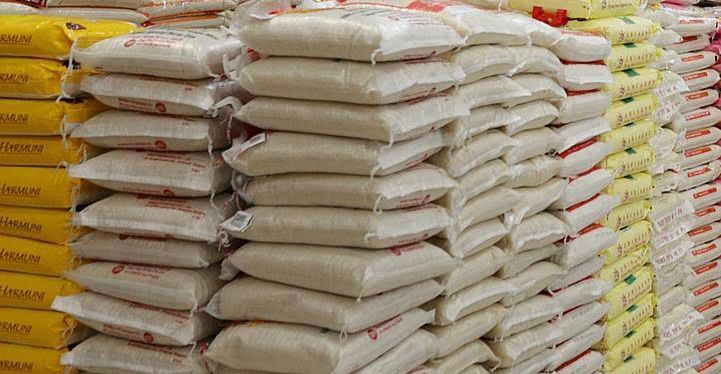The Women Farmers Advancement Network (WOFAN) has urged for the inclusion of gender equity principles in the National Rice Development Council Bill 2024. This is to ensure equal participation and benefits for all, including men, women, youths, and people living with disabilities.
The call was made by WOFAN’s Strategies and Innovation Director, Hajia Maimuna Lawal, during a revalidation meeting in Abuja on Wednesday, where stakeholders discussed the bill. The legislation aims to transform Nigeria’s rice industry by introducing standards that enhance the packaging, quality, and competitiveness of Nigerian rice globally.
The bill, supported by WOFAN’s ICON-1 MasterCard Foundation-funded project, as well as other stakeholders such as the Competitive African Rice Forum (CARF), was approved by the Senate in the 9th Assembly. However, it did not receive presidential assent before the conclusion of the last administration in 2023.
In her presentation, Maimuna Lawal, who represented WOFAN’s Executive Director Dr. Salamatu Garba, highlighted key gender equity provisions. These included ensuring equal opportunities for both men and women in all programs, projects, and policies of the rice council, as well as promoting gender balance in leadership, decision-making, and committees within the council. She emphasized that the needs of men, women, youths, and people with disabilities must be integrated into the council’s work.
Lawal also outlined the importance of gender-sensitive data collection, which would help identify barriers or disparities that different genders face within the rice sector. She called for gender-responsive budgeting to allocate resources that address the specific needs of both men and women in the rice industry. Furthermore, she advocated for gender-sensitive research and innovation that takes into account the challenges faced by diverse groups in rice production, processing, and marketing.
These provisions, according to WOFAN, are crucial for ensuring that the rice council can effectively guide research, streamline innovations, and help create a competitive and self-sufficient rice sector that Nigeria urgently needs.
Peter Dama, President of the Competitive African Rice Forum (CARF), supported the bill’s capacity-building programs for farmers. He noted that the legislation would empower farmers to engage in backward integration. Currently, rice farmers focus on producing paddy, with industrial processors earning the most profits by utilizing by-products like rice husks for other products such as briquettes.
The proposed bill seeks to enable farmers to acquire the necessary skills to participate in all aspects of rice production, boosting their income and contributing more significantly to the rice value chain.
Mr. Aremu Fakule, a member of CARF, further highlighted that the bill would serve as a pivotal tool for sustainable rice development in Nigeria. He added that it would foster collaboration among stakeholders and ensure opportunities for both men and women across the sector.



![Call For Applications:Innova [Africa Future of Work and Entrepreneurship] Fellowship 2023 Innova [Africa Future of Work and Entrepreneurship] Fellowship 2023](https://msmeafricaonline.com/wp-content/uploads/2023/07/WhatsApp-Image-2023-07-03-at-8.01.03-AM.jpeg)






